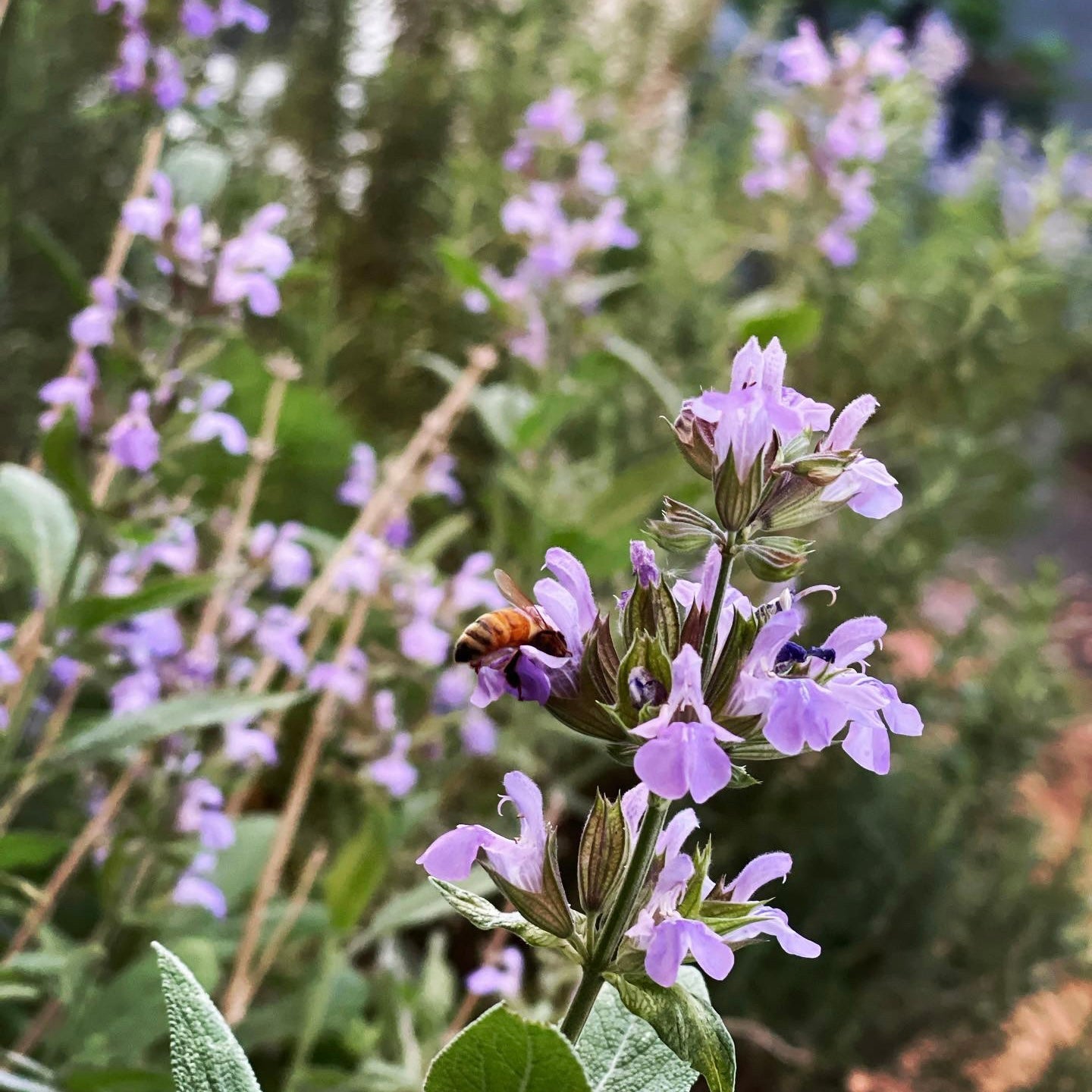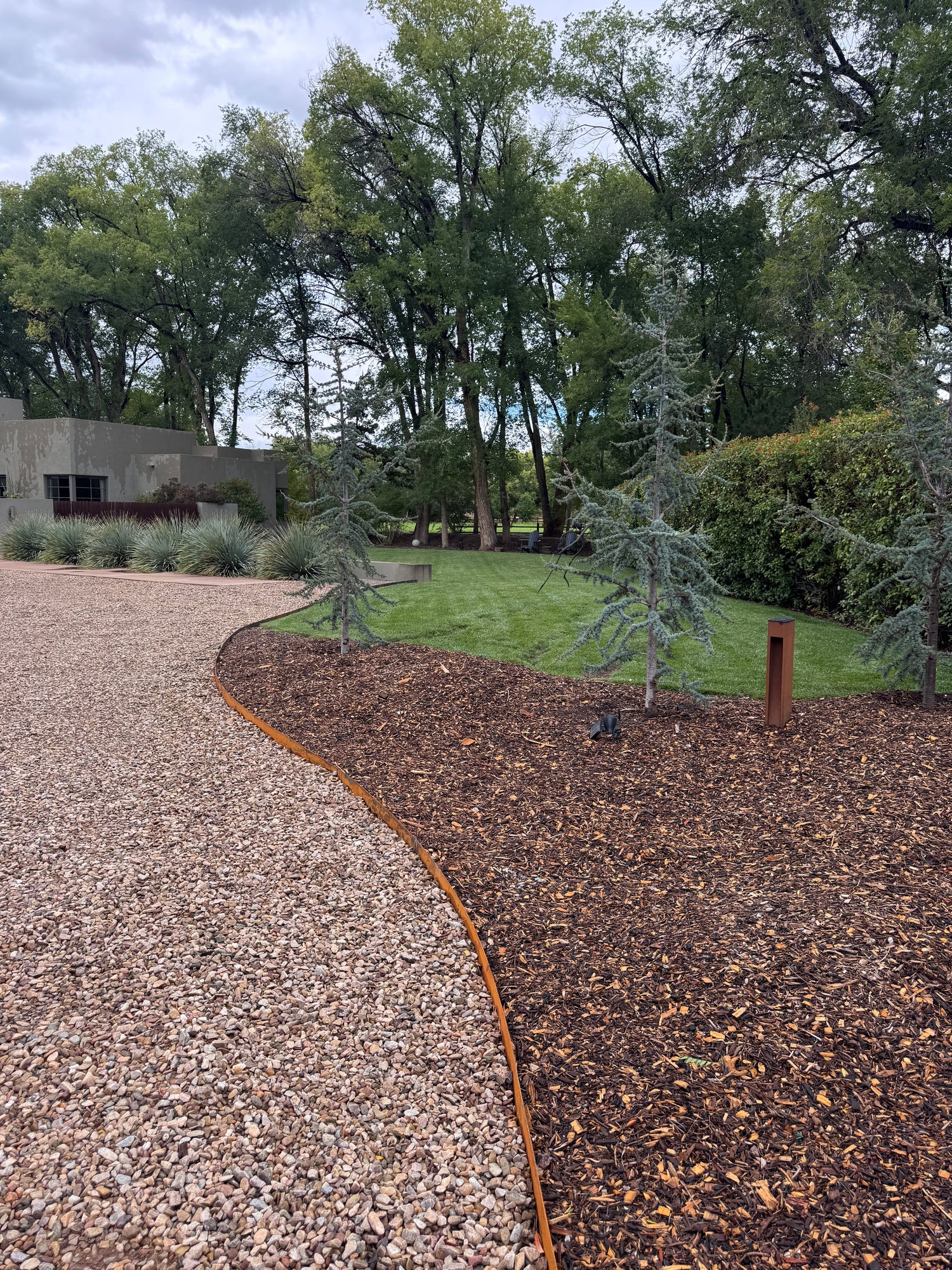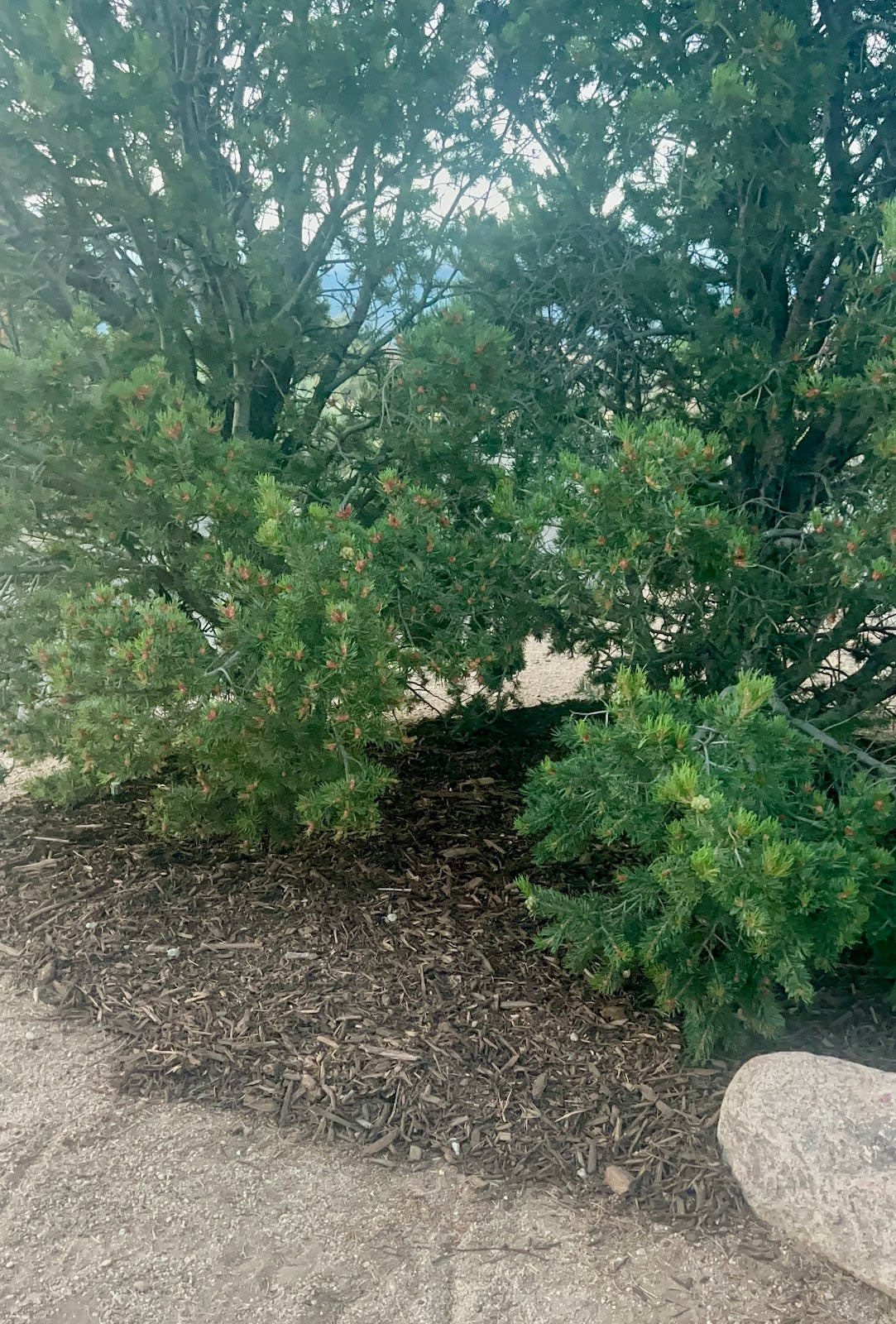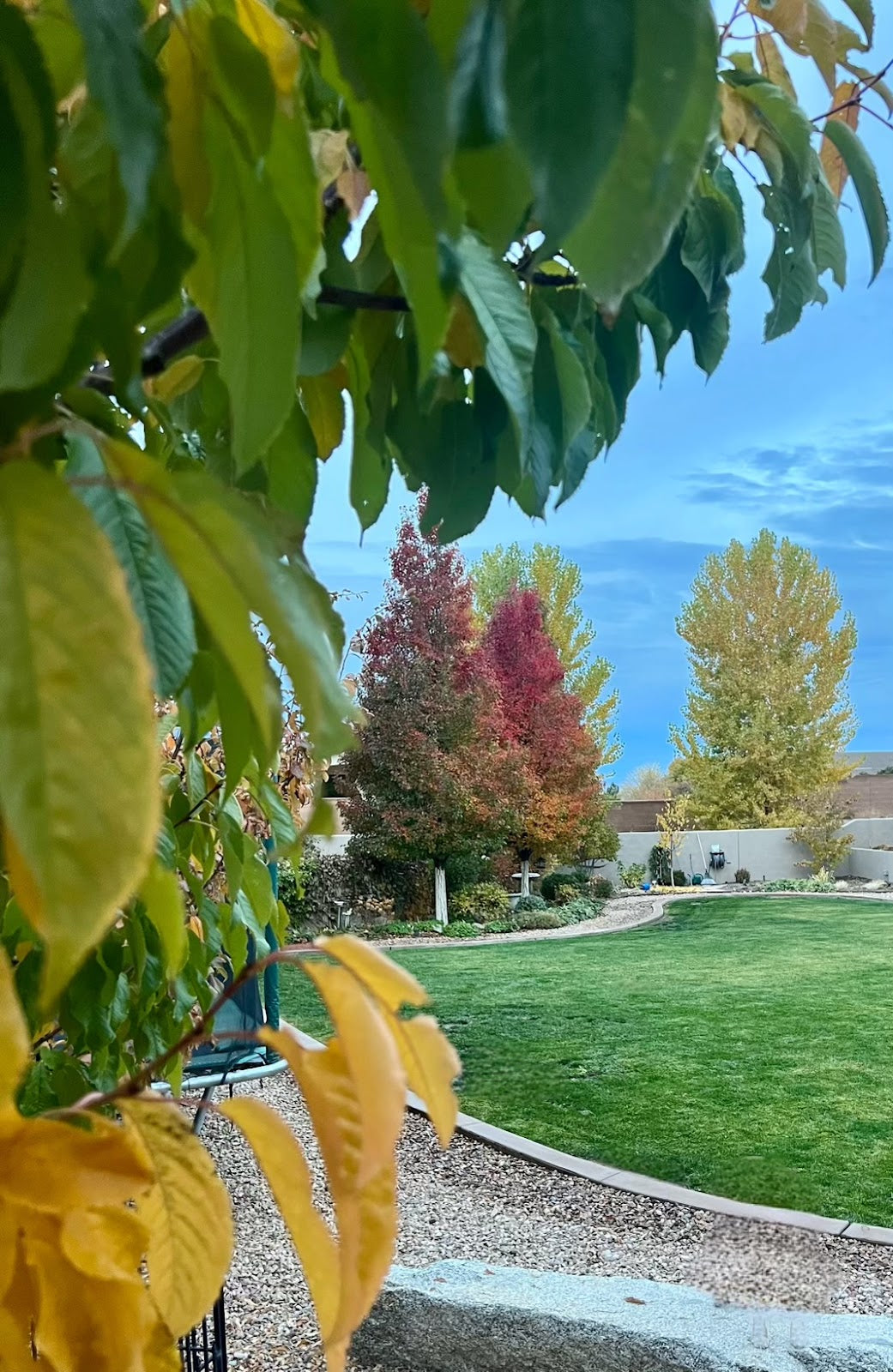By Dawn Dewey
Step into your garden on a late summer morning and you’ll feel it—life buzzing, chirping, crawling, and quietly working beneath your feet. Your garden is more than rows of plants; it’s a thriving ecosystem where every player, from the tiniest microbe to the swooping bird overhead, has a role in the grand story of growth.
Beneath the soil, billions of microscopic organisms—bacteria, fungi, protozoa, nematodes—are hard at work. They break down organic matter, release nutrients, and form complex partnerships with plant roots. Without them, your vegetables, flowers, and shrubs couldn’t thrive. Healthy soil, rich with these unseen allies, is the foundation for every other form of life in your garden.

On the surface, you’ll spot the more obvious residents. Some are “good guys,” like ladybugs patrolling your plants for aphids, or lacewings whose larvae are voracious pest eaters. Others, like squash bugs or white flies, may cause trouble. But even the so-called “bad bugs” have a place in nature’s design—they feed birds, bats, and beneficial insects higher up the food chain.
Then there are the visitors from the sky. Birds spread seeds, keep insect populations balanced, and add music to your mornings. A single goldfinch can disperse hundreds of seeds in a season, quietly shaping your landscape. Pollinators—bees, butterflies, moths—carry pollen from bloom to bloom, ensuring your crops and flowers bear fruit.
When you look at your garden through this lens, you begin to see a pattern: nature builds balance. It doesn’t rely on quick fixes or harsh chemicals. It relies on diversity, patience, and resilience. We can take a cue from that wisdom.
Follow Nature’s Lead
Using chemical pesticides or synthetic fertilizers can harm far more than the target pest. These products may disrupt soil microbes, sicken beneficial insects, and ripple harm up the food chain. Instead, nurture your soil with compost, which feeds microbes and improves structure, and use mulch to regulate temperature, retain moisture, and shelter soil life.
If a pest population surges, resist the urge to wage war. Ask yourself: What is this telling me about the balance in my garden? Sometimes, the most sustainable solution is to “rest” a crop for a season. If squash bugs are relentless, skip planting squash and related crops for a year. This breaks the pest’s life cycle and lets your garden reset without poisons.
Beneficial Insects, like these soldier bugs, are one of Nature's ways to keep balance in your garden.
By stepping back, you give nature room to restore its own equilibrium. Over time, your garden will reward you with healthier plants, richer soil, and more life in every corner.
So this month, take a moment to watch. Notice the fungi on a rotting leaf, the wasp carrying a caterpillar to its nest, the robin tugging a worm from the ground. Each is part of the living web that sustains your garden—and your garden sustains them. Honor that connection by working with nature, not against it, and you’ll find that your soil, plants, and wildlife will thrive together in harmony.





